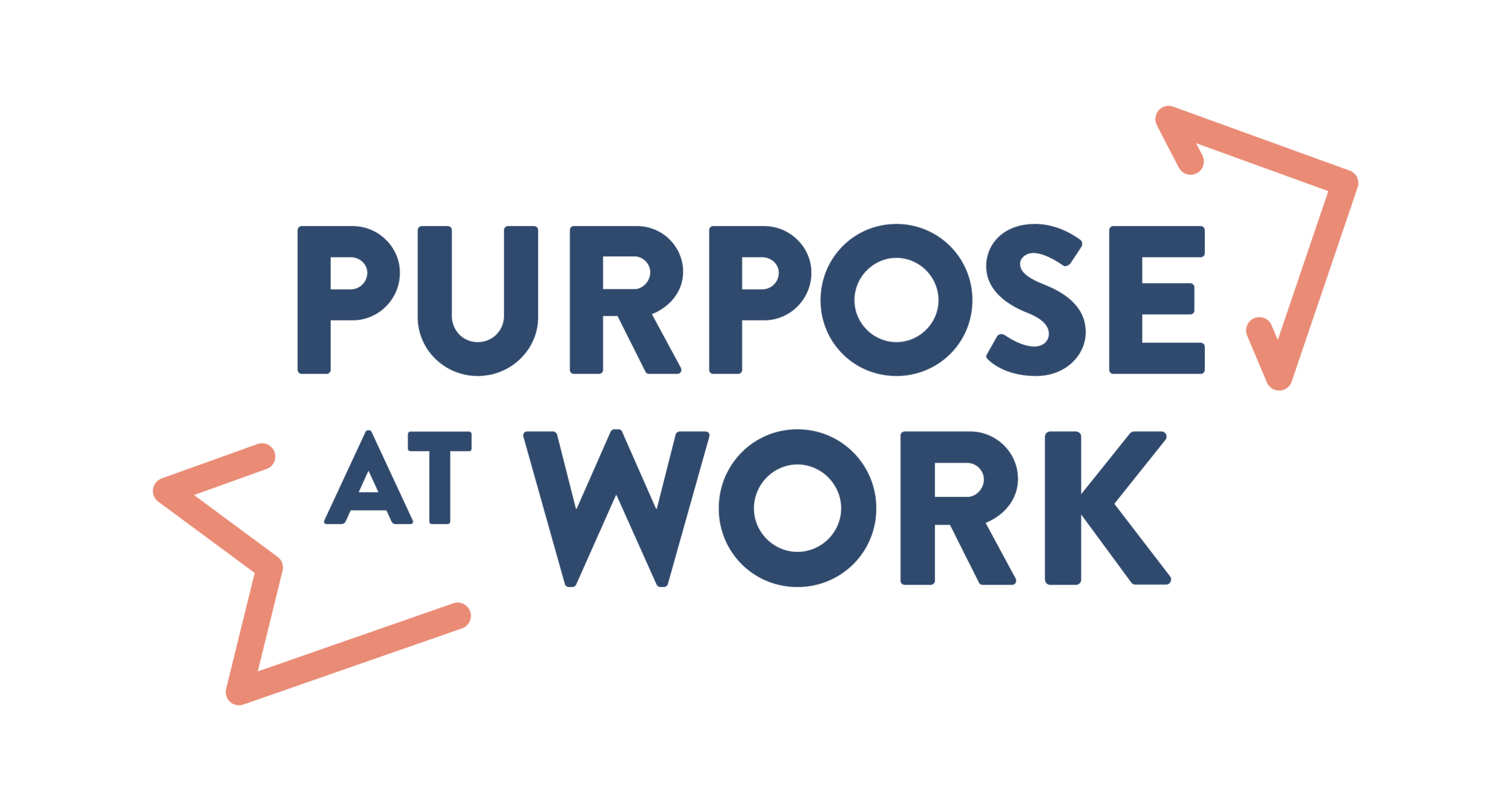Embedding a culture of safety, not just the appearance of one
A common issue for organisations which want to ensure their staff treat clients well is how to balance the demands of accountability with those of learning and applying organisational standards.
Incidents in disability and aged care where people are treated unacceptably receive constant public attention. And yet, almost certainly the staff involved have signed codes of conduct, viewed webinars about treating people with dignity and respect and read mandatory codes of conducts or standards.
In health care, quality and safety are often framed as the creation of a ‘just culture’ (see our next blog on this topic). This means creating an open and honest reporting environment where discussing mistakes is encouraged and usually blame-free – unless a malicious or reckless action was taken. Mistakes are treated as an opportunity to discover something about the way the organisation operates. Why did the staff member take that short-cut? How did it happen that they treated the client like that? These questions are considered more important than sanctioning an employee because they didn’t follow procedures.
This is what is needed internally, but health and social care providers are also accountable to funding and regulatory bodies. Sociologist Erving Goffman used the concepts of ‘front stage’ and ‘back stage’ to refer to how individuals present themselves to the world. But the idea can also be applied to organisations. Those focusing primarily on protecting themselves in the case of an incident, or which need to pass audits, will have an eye to the ‘front stage’ – what they show to the regulatory body, or publish in reports and marketing material. For example, reporting might note that all staff have viewed a standards and risk webinar; and 100% have signed the code of conduct. The organisation focuses on ensuring these things happen and are documented so it looks good on the ‘front stage’. But this does not guarantee safe and quality services.
For this we have to focus on ‘back stage’. Backstage, it’s crucial that organisations create a ‘just culture’ where people are enabled to work according to principles like consumer choice, ethical behaviour, dignity of risk and supported decision-making and are continually learning, adjusting, and managing behavioural choices accordingly. This almost certainly needs experience and opportunities to discuss dilemmas and difficult situations as they arise. Watching an on-line webinar is an attractive option in time-poor and price-controlled environments. But some people will not be practiced at listening and reflecting on it, and then translating concepts in a bodily way to their day to day practice.
WH stick figure_CA blog Just culture.png
Staff need to be focused on sensing what their clients need to be able to apply the above principles daily with the people they support. However, organisations that put an emphasis on staff following rules, policies and procedures instead of developing a ‘just culture’ draw their staffs focus away from the clients needs to the organisational requirements. (Image is from Lost in Control by Wouter Hart).
Plus, staff know when organisations are more interested in looking good than being good. For example, collecting data only when the organisation needs to report to funding bodies can lead to cynicism. Increasingly, audit practices in aged care and disability supports are looking for continuing evidence from consumers and staff about their experience, using documentation merely as a form of supporting evidence.
Helen Sanderson and Associates’ person-centred quality tools, and NDS’s Zero Tolerance videos like this demonstrate an approach to learning and practicing quality that is in-depth, even if more time-intensive in the short-term. They can help organisations get the balance between presenting themselves favourably to regulatory bodies and ensuring workers are genuinely empowered to provide high quality service provision, and feel accountable to each other for doing so.


